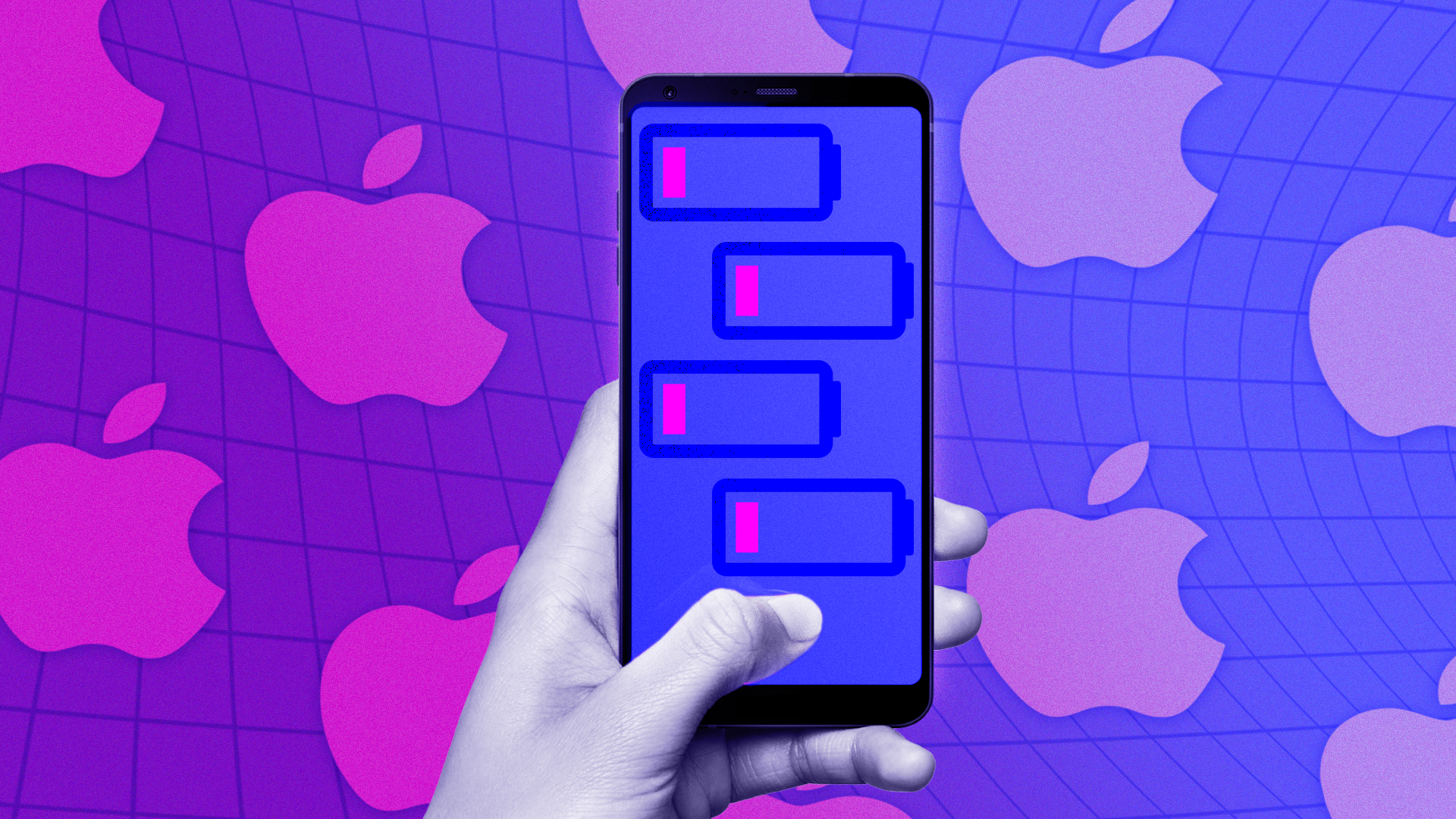Up to 25 million Britons who owned an older iPhone model in 2017 may be able to claim damages from Apple. A consumer champion claims the tech giant deliberately ruined phone performances to push buyers towards new devices.
When it comes to our phone devices, somewhat ironically, we’re the ones under the thumb.
Over the last few years, phone usage has become more obsessive than ever. Up to five hours a day is spent by the average user trawling through social media, watching videos, playing games, shopping, and a multitude of other pointless rituals. Not judging, I’m as guilty as you are.
In the UK, this ceaseless data enterprise is dominated by just a few market giants, and you won’t be surprised to hear that Apple is head and shoulders above the rest – reportedly 51% of the continent’s smartphone users are tied to iPhones.
If you’re a long term owner of one such phone, or had an old iteration back in 2017, you may be eligible for a sizable handout from Apple in the near future. Neat eh, but why?
In a new class-action style lawsuit launched in the UK by consumer rights campaigner Justin Gutmann, @Apple is facing to pay damages worth nearly $935 million for misleading iPhone users by applying a power management software update that throttled iPhones. pic.twitter.com/Cvg9CFDI3D
— Swipeline (@Swipeline_Media) June 16, 2022
An ongoing lawsuit
Justin Gutmann, a so-called ‘consumer champion’ of growing renown is taking Apple to court for a huge settlement.
He is seeking damages on behalf of up to 25 million iPhone owners in the UK who were affected by Apple’s shady (potentially) practices back in 2017.
Tim Cook’s company has admitted that a software update rolled out in 2017 directly hampered the performance of its devices, though it claims it was intended to prolong the battery life of tiring phones. If that was genuinely the case, it failed horribly.
Critics on the other hand, dismiss any suggestion that Apple was trying to improve the battery management of older phones, and assert that this update deliberately ‘throttled’ their performances in lieu of pushing users towards newer devices.
This notion first cropped up on Reddit – which is no stranger to bogus theories, granted – but quickly gathered credence.
Owners of ageing iPhones noted that their phones were colder than normal, and had begun shutting down abruptly after downloading the update.
Lithium-ion batteries do lose their capacity over time due to the constant flow of ions when charging, but the downgrade was anything but gradual.
Apple has already had to pay settlements of $113m in Arizona and $500m in California for this ‘mistake,’ but this is the first UK lawsuit levelled at Apple for apparent anti-competitive market practices.
‘I’m launching this case so that millions of iPhone users across the UK will receive redress for the harm suffered by Apple’s actions,’ said Gutmann.
‘If this case is successful, I hope dominant companies will re-evaluate their business models and refrain from this kind of conduct.’




















